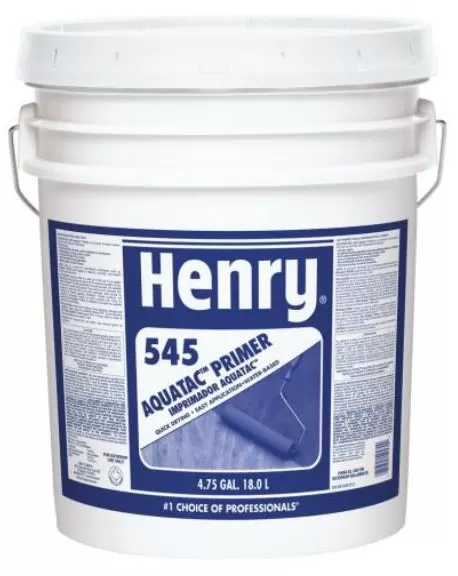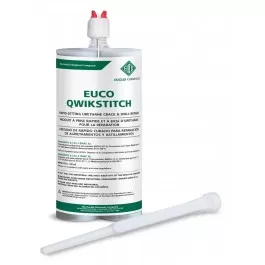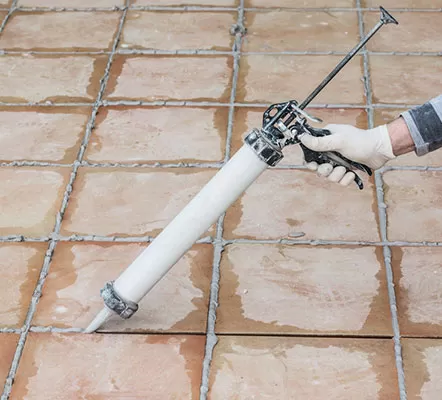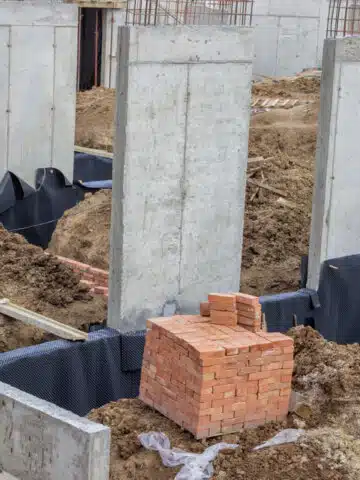Blog
Should You Waterproof Foundation Walls Before Finishing?
The foundation is the backbone of any building, ensuring its stability, durability, and longevity. With many considering interior finishing of these foundational spaces, a looming question emerges: Should one prioritize waterproofing foundation walls before finishing? Delving into commercial construction services and insights, we uncover the significance of this crucial step.
The Logic Behind Waterproofing Early On
The foundation walls, often unseen and overlooked, play a pivotal role in preserving the structural integrity of any building. As these walls are directly in contact with the ground, they are naturally more susceptible to the constant threat of moisture and water intrusion. Any water that seeps in has the potential to cause damage, not only to the walls themselves but also to anything attached or adjacent to them.
Waterproofing foundation walls before finishing acts as a preventive measure, creating an impermeable barrier against these moisture threats. Think of it as a shield, guarding the foundation from the relentless enemy that is water damage. This becomes even more critical when considering the finishing touches. Insulations, decorative elements, or any other finishing materials can be severely affected by moisture, leading to degradation or the need for premature replacements.
Moreover, water intrusion isn’t always blatantly obvious. It can be subtle, with damages accumulating over time until they manifest in severe structural issues or health risks. By choosing to waterproof early on, property owners ensure they are not caught off guard by such latent threats, setting the stage for a durable and long lasting foundation.
Cost Effectiveness in the Long Run
When viewing property management and construction as an investment, the concept of long term returns becomes paramount. Initial costs for waterproofing might be perceived as an additional expense, leading some to defer it. However, this could be a costly oversight. When water damage manifests after the finishing is complete, the ramifications are multifold.
Firstly, there’s the cost of identifying the source of the water intrusion. Following that, there are expenses associated with rectifying the damage done both to the foundation walls and to the finishes. Add to this the subsequent need to waterproof the affected areas, and the costs quickly add up, often surpassing what would have been the initial expense of proactive waterproofing.
Furthermore, continuous exposure to moisture can lead to secondary damages, like mold growth or the weakening of adjacent structures, each adding to repair expenses. In contrast, an initial investment in waterproofing provides a protective seal, effectively reducing future expenses tied to potential water damage, thereby proving to be more cost effective in the grand scheme of things.
Enhancing Property Value
Properties that emphasize preventive measures, especially in foundational health, often hold a higher market value. Prospective buyers or lessees recognize the worth of a well maintained foundation. Waterproofing foundation walls before finishing is a testament to meticulous care and foresight. When it comes time to sell or lease the property, this small yet crucial detail can yield a favorable return on investment and position the property as a prime choice in the market.
The Role of Commercial Construction Services
Navigating the intricacies of waterproofing can be challenging without expert guidance. This is where commercial construction services come into play. These experts can assess the unique needs of each foundation, taking into account factors like soil type, hydrostatic pressure, and building materials. With their assistance, one can ensure that the right waterproofing method is employed, guaranteeing optimal protection. Furthermore, these professionals remain updated on the latest technologies and best practices, ensuring that the solutions applied are both effective and durable.
Preventing Health Hazards
Apart from affecting the building’s integrity, water penetration can also introduce health risks, especially in the form of mold and mildew. These organisms thrive in moisture-rich settings and can emit spores, leading to various health challenges, including allergies and respiratory complications. By waterproofing foundation walls before any finishing touches, you create a barrier that prevents this moisture buildup. In doing so, the risks of mold and mildew get significantly reduced, ensuring a healthier environment for occupants.
Peace of Mind for Building Owners
Perhaps one of the most underrated benefits of early waterproofing is the peace of mind it affords. Knowing that the foundation, the very base of a building, is safeguarded against water damage, allows owners to focus on other aspects of property maintenance. Additionally, it reduces the frequency and intensity of foundation inspections, as potential issues have already been proactively addressed. In essence, waterproofing foundation walls before finishing alleviates concerns and fosters confidence in the building’s resilience against potential water related challenges.
In the vast realm of property management and construction, sometimes its the foundational steps that determine the longevity and health of a building.





